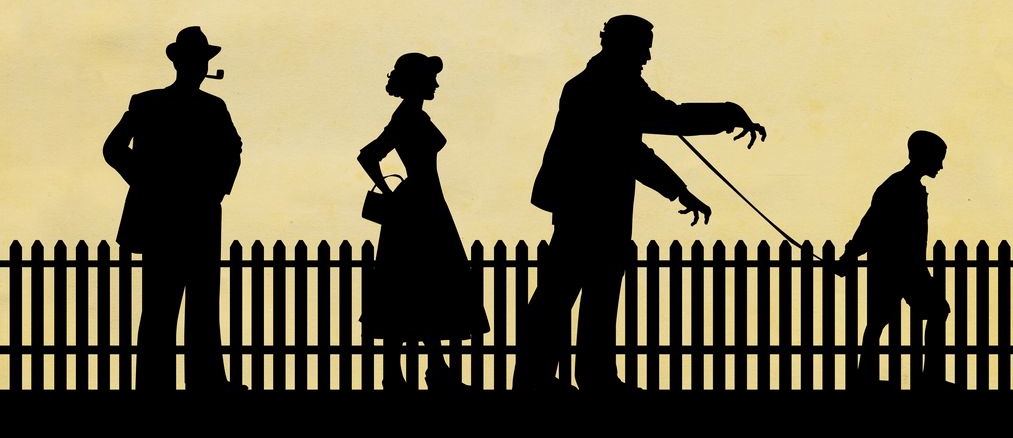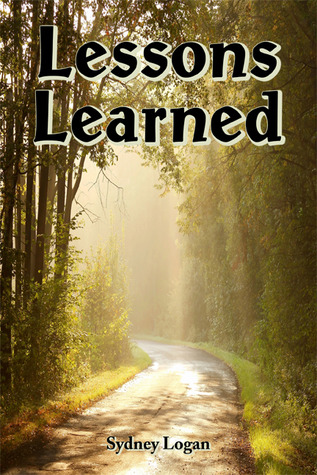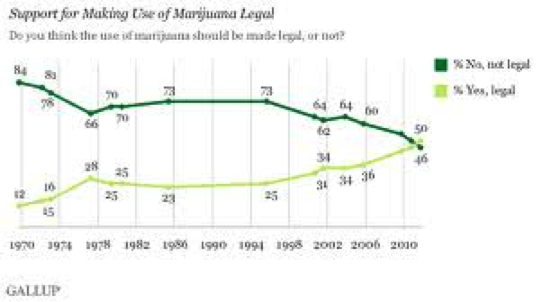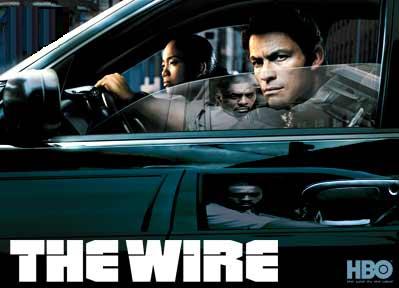Irony with zombies
‘Fido’ is not strictly a zombie movie. Yes, its main premise is the story of a domesticated zombie, played by a strictly-grunting Billy Connoly, in a 1950s ‘perfect America’ universe where zombies are the ‘pets’ of mankind. The trick is to simply lock a collar around their necks to surpress their need to eat and create fenced off communities that protect them from the ‘Wild Zone’ where all the remaining un-domesticated zombies live. These communities are perfect in every way (it never rains apparently) and the families living in them look like they came right out of a Norman Rockwell painting. The working 9-5 husband Bill (Dylan Baker), the stay-at-home wife and mother Helen (Carrie-Ann Moss) and the well-mannered skinny kid Timmy (Kesun Loder). Only in this movie, instead of a dog, the pet is a zombie called Fido who starts to wake up from his permanent state of apathy and develops a will of his own despite the collar’s technology. As parts of his humanity emerge, seen through his cravings for a cigarette and appreciation of a woman’s scent, he protects and cares for Timmy and his family, as the ugliness of this seemingly-perfect American community appears. Through an accidental malfunction of his collar, Fido attacks Ms. Henderson, the generic old lady that spies on her neighbours, and before we know it there is a containment problem as zombies spread and death multiply. The head of ZomCom security, Mr. Bottoms, a decorated veteran of the Zombie Wars, succeeds in stopping the contamination just in time but many people are dead and he needs to make an example out of Fido and little Timmy.
The charm of this movie is not just its vibrant palette of colours, its shiny settings or the classic 50s images, like the wife greeting her husband at the door with a three-olive martini while the ham is in the oven. The images of this blissful suburban life are now romantic flashbacks, back to a time where family values were at the core of the American Dream and husbands, mothers and children had specific roles to play, a far cry from some family images we see in the movies today (absentee fathers, drunk mothers, rebellious sons and daughters). There is almost a longing to see a James Dean look-a-like appear at a some point to shake that blinding white smile off everyone’s face and make them act human, because they are as ‘zombified’ as their pets. This is what this film is all about though. It is the zombie that teaches Timmy to stand up to his bullies, it is the zombie that ignites the spark of feminism in Helen, it is the zombie that makes Bill want to be a better father to his son and it is the zombie that transforms this generic, dull community into a lively and human mix of people that have to face their inner demons. Irony at its best and the definitive charm of this film.
Zombies spread the life
When Mr. Bottoms, the illustrious war hero, declares that there is a containment problem within his perfect community, it is as if the film screams at you ‘Sound familiar?’. A decorated Zombie War veteran, risen to politics, protecting a town from a dangerous pandemic that kills people and turns them into heartless, emotionless eating machines? A pandemic whose source, Fido, seems to make women stand up to their husbands (‘Get it yourself dear’ ) and children rebel against their parents wishes. This film brings back memories of old Cold-War science fiction films like ‘Invasion of the Body Snatchers’, ‘The Thing from Another World’ and ‘It Came From Outer Space’ where such contamination scenarios do occur but their consequences are different. Instead of breathing life into a community, the threat tries to destroy all humanity it finds and replace it with pale copies of people, devoid of all emotion and free will. But this was 60 years ago, since then the Cold War has ended and the threat does not come from space but from the all-American home, from the people in power. They talk of perfection, control and safety, attainable only through the use of a gun and isolation.
Fido does not talk, does not actually control anything but through an accidental ‘dinner’, he sets off a sequence of events that show the rotten state of the American family core. However it is not beyond salvation. The solution? Human contact, conversation, sentiment and understanding, something that the status quo forbids in order to contain the zombie virus. In this world, if your mother turns into a zombie, well then she is easy to kill if you don’t love her. If your neighbour tries to eat you, you forget that he gave you 10 extra dollars for mowing his lawn and you chop off his head. Easy, simple and emotionally detached. Mr. Bottoms is a fervent believer in this ethos and is the representation of how America should live in this post-Zombie War world, looking more and more like communist-hunter Joe McCarthy who imprisoned and persecuted any citizen deemed to challenge American values and show left-wing sympathies in the 1950s. Timmy and Fido are challenging the status quo and draw in more people in their movement, until finally the whole town is contaminated. But this illness does not bring the community to an end, in fact it makes the viewer connect with the characters, love them, admire them and cheer for them, because they found their true voice and a lifestyle that makes them truly happy instead of acting like actors in a 50s toothpaste commercial. Helping Fido and Timmy in their quest is Mr. Theopolis (played by the brilliant Tim Blake Nelson), the only human adult in the film that sees through this technicolor sham and does not quite fit in. The cares for his zombie, Tammy, despite her nature and keeps her beside him as a partner, not just a servant. Their relationship is frowned upon by the rest of the town, showing that every community has their black sheep. However Theopolis and Tammy are the perfect example of what the community should in fact aspire to be.
Lenin, Guevara, Trotski and Fido
Communism in American cinema, as with its current politics, will never belong on the good side of popular culture. The so-called ‘Third World War’ between America and Soviet Russia lasted from the end of the Second World War, till the collapse of the Soviet block in 1989 under Republican hero Ronald ‘Second coming of Christ’ Reagan. But unofficially, Hollywood never liked ‘lefties’ and probably never will. They will always be portrayed as either eccentric, remnants of the losing side, or just mad but Fido seems to be neither. The similarities between this film and the ones mentioned above is undeniable but the formula is reversed. As the bodysnatchers suck the life out of Americans, Fido retrieves it for them even though he is undead. Is Hollywood changing its mind about Communism? Wishful thinking there I’m afraid since this battle will go on in cinema and American politics for as long as uneducated right-wingers scream on Fox News that healthcare is socialism. No, this is not about communism in the end. It’s about family, it’s about loving your neighbour and it’s about breaking the wall of silence that our society today lives in.
The people in the town are seemingly fenced off from the rest of world, they hardly talk to each other unless it is to improve their social standing, the kids learn how to shoot to kill without a second thought (a nice critique on gun-laws there) and the best accomplishment one could hope for when they die, is to have their heads cut off and to be buried in the cold ground and stay there. All fitting metaphors of the crippling isolation modern society is going through. Emotional detachment, lack of empathy and individualism are all stigmas in today’s world, mostly due to technology, fear, lack of trust and digital networking. All these hinder human contact and increase the chance of living a solitary life while being constantly surrounded by people. In this film, Fido is our saviour. He will accompany you outside to play in the park, he will help you wash you dad’s car in the driveway while you mum makes lemonade, he will help you get the girl, he will save you from bullies, he will want you to be a decent human being to your family and friends. Fido has all the traits of a Hollywood 1950s communist but in fact he is not a revolutionary, he is not a messiah.
He is what we used to be, imperfect in a lot of ways but alive, smoking, drinking, running and biting.









